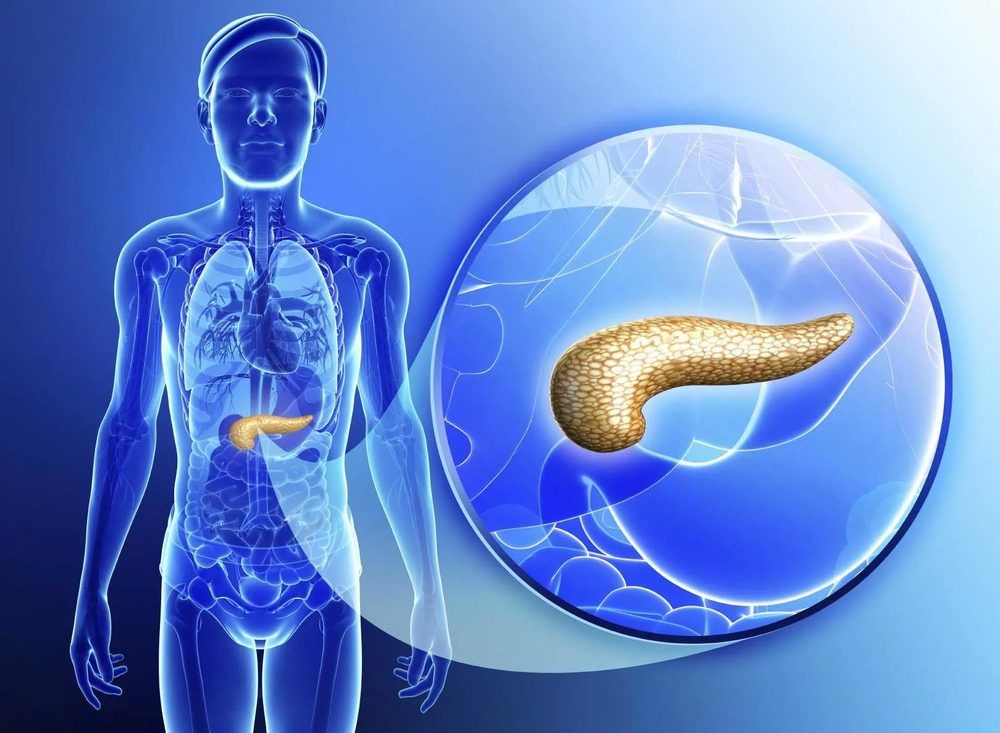Pancreatic cancer is rarely detected at its early stages when it’s most curable. This is because it often doesn’t cause symptoms until after it has spread to other organs. Treatment options are chosen based on the extent of the cancer and may include surgery, chemotherapy, radiation therapy, or a combination of these. Using mice and lab-grown pancreas models, scientists at Cold Spring Harbor Laboratory (CSHL) have discovered that they can stop the growth of pancreatic cancer cells by blocking the way the cells store cholesterol.
Their study, “SOAT1 promotes mevalonate pathway dependency in pancreatic cancer,” was published in the Journal of Experimental Medicine and led by David Tuveson, MD, PhD, professor at CSHL.
Tuveson’s team wanted to know why pancreatic cancer cells, like many cancer cells, produce abundant amounts of cholesterol. “Pancreatic ductal adenocarcinoma (PDAC) has a dismal prognosis, and new therapies are needed. Altered metabolism is a cancer vulnerability, and several metabolic pathways have been shown to promote PDAC. However, the changes in cholesterol metabolism and their role during PDAC progression remain largely unknown. Here we used organoid and mouse models to determine the drivers of altered cholesterol metabolism in PDAC and the consequences of its disruption on tumor progression,” the scientists wrote.
